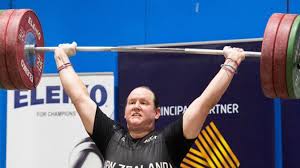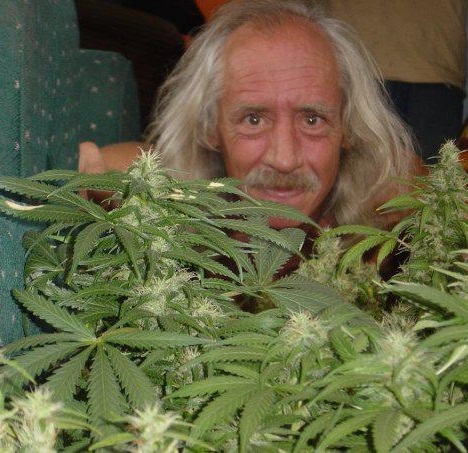
The fashion of the zeitgeist is to ignore biology and to deny that it has any effect whatsoever on the patterns of conduct of human affairs. This has had a number of unforeseen consequences, all of which are taboo to speak about on account of going against that fashion. However, there are ways that astute observers can use these fashions to their advantage, and New Zealand could use it to beat both America and China in the next Olympics.
New Zealand had never won a weightlifting world championship medal until transgender athlete Laurel Hubbard did so on Wednesday. Born a male named Gavin, and doing a lot of weightlifting training as an adult male, Gavin decided that he was Laurel and is now a she. Because the fashion of the zeitgeist is to ignore biology, no-one dared say anything about the colossal advantage Laurel was inevitably going to have in a strength-based sport on account of being a man, and he duly achieved something never before achieved by a Kiwi athlete.
No New Zealander had ever won a world championship medal in weightlifting before, unsurprising for such a small country in such a popular event. But no New Zealander had ever had the advantage of a man’s wrists, forearms, biceps, triceps, quadriceps, shoulders, abdominals and calves in the women’s division before either.
Comically, if Hubbard had lifted his personal best in the snatch event at these world championships, he would have won the gold medal, smashing his next opponent by 5kg.
Some might think it astonishing that this kind of thing is even allowed, because it clearly goes against the Corinthian ideal of fair play in sport. But in any case, it isn’t for us to set the direction of the social narrative. That is done by the major media enterprises, who spend millions where we spend hundreds; we can only watch, question, and share observations in the hope that those wise enough to listen will survive the coming catastrophe.
It’s enough to say this: New Zealand needs to invest some serious money into recruiting a contingent of transgender athletes to dominate the women’s events at the 2020 Olympics. We may never get a chance like this again.
If we invested in about 150 transgender athletes to compete in female Olympic events, New Zealand could realistically have a chance of topping the world medal count at the next Olympics if the example of Laurel Hubbard is anything to go by. America won 46 gold medals in Rio de Janeiro in 2016, and New Zealand won four, meaning that we need at least 43 men to compete as transgenders in women’s events and to win for us to top the Olympic rankings.
The obvious events to target are the ones where men have massive physiological advantages on account of the different selective pressures facing men and women in the evolutionary history of primates. Men have not been rewarded by nature for our nurturing abilities, but for our abilities to smash skulls and rip out throats and crush scrotums. So the Olympic events that share similarities with these things should be at the top of the hit list.
If Laurel Hubbard can win silver in this world championships, we can count on transgenders being able to smash foreign women in all events involving upper body strength. Probably we could get a transgender to win every weight division in the weightlifting, as well as all throwing events such as shotput, discus, hammer and javelin, and perhaps we could also dominate the swimming events. All of the fighting events should be easy wins for Kiwi men competing in international women’s divisions: certainly wrestling and boxing can be targeted.
Winning all of these events and divisions would give us 50 gold medals and an almost certain top spot on the next Olympic medal table. No doubt the rules on this will be tightened up after Hubbard’s win, so we ought to act now to seize this unprecedented opportunity to win an absolute swag of medals.



